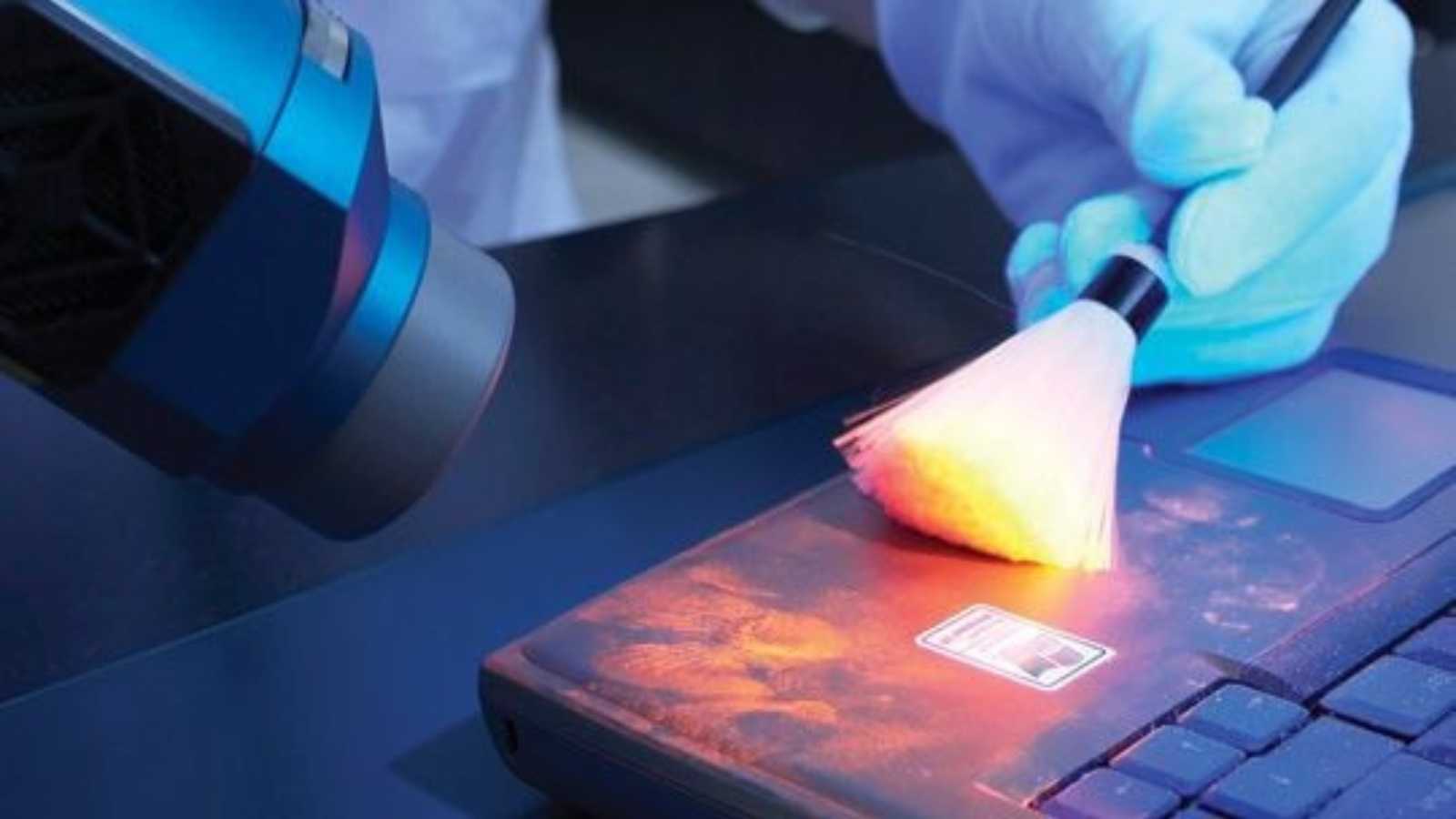Career in Forensic Science: The discipline of forensic science has expanded significantly over the last ten years. The demand for qualified forensic specialists has increased to previously unheard-of proportions in a nation like India where crime rates stay constantly high. Students have a fantastic opportunity to learn more about this profession, which not only offers excellent possibilities but also a chance to make contributions to the field.
Due to students’ scant knowledge of the field, forensic science needs a greater influx of student enthusiasm to reach its full potential. You’ve come to the right place if you already understand forensic science or are looking for scientific vocations outside of medicine and engineering. This article attempts to give you in-depth knowledge of this profession and a look at the numerous career options it offers.
What exactly is forensic science?
In order to investigate crimes or evaluate evidence that can be presented in a court of law, the branch of study known as forensic science brings together numerous academic fields such as physics, chemistry, biology, and computer science.
According to Professor (Dr.) Sally Lukose, dean of Sharda University’s School of Allied Health Sciences, “Forensic Science covers a diverse spectrum of specialisations, each focused on specific parts of the profession. Forensic Toxicology, Forensic Chemistry, Forensic Ballistics, Forensic Serology and DNA Profiling, Forensic Anthropology, Questioned Documents, and Fingerprints are a few of the major areas of specialisation within Forensic Science.
“Digital Forensics has gained increasing popularity among its practitioners, reflecting the ever-evolving nature of forensic science to adapt to emerging challenges in the modern era,” she continued. “With advancements in technology and crimes becoming more technologically sophisticated.”
Top-Paying PhD Biotechnology Jobs: Career Paths and Salary Insights
Career in Forensic Science
Students frequently question their fit in academic fields like forensic science, which lack the general appeal of traditional disciplines like physics, chemistry, and biology. Dr. Sally Lukose offers a list of considerations people should evaluate before choosing a career in forensic science in order to eliminate this uncertainty.
- Personal interest is important since it ensures that you will be interested and engaged in the chosen speciality for a long time.
- Examine your school background and current abilities to see if you already have the required credentials.
- Conduct a preliminary study on the employment possibilities in this industry.
- Speak with industry experts, go to employment fairs, and attend seminars.
Opportunities In This Field
There are several job options in forensic science, both in India and overseas. Both the public and private sectors place a high value on their work and reward it with attractive compensation and other benefits.
According to Dr. Sally Lukose, “In the government sector, one can be hired by the forensic science laboratories at the regional, state, or central laboratories, or they may offer their service as forensic experts/consultants, providing specialised forensic expertise to government agencies, courts, and legal authorities as an independent consultant or expert witness.
There are many opportunities in the commercial sector in addition to those available through government organisations and laboratories. In the private sector, one might operate as a forensic consultant, providing forensic knowledge and analysis for civil lawsuits or corporate investigations, working as an independent consultant for private organisations, legal firms, or insurance companies.
They could also work in private forensic laboratories as forensic lab technicians who help with evidence processing and forensic analysis. Prof. (Dr.) Sally Lukose said, “The forensic students may also be engaged as Digital Forensic Specialists by private cybersecurity organisations or consulting firms, doing digital investigations, data recovery, and analysis of digital evidence.




